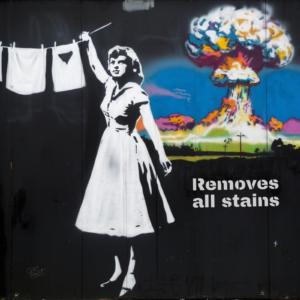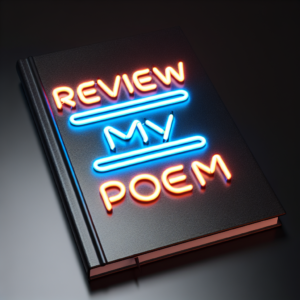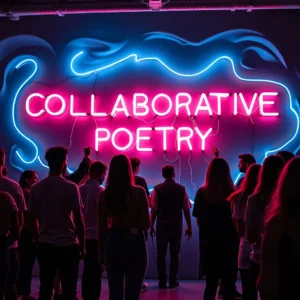In a world where trust in governments is being increasingly tested, it’s crucial to understand the phenomenon of gaslighting, its implications, and how we, as citizens, can recognise and confront such manipulative tactics if they arise.
10 Insights on Recognising Governmental Gaslighting
- Understanding Gaslighting: Gaslighting is a form of manipulation that seeks to make people question their understanding of reality. It’s essential to recognise this tactic to avoid falling into its traps.
- Media Literacy: Media literacy can act as a shield against gaslighting, helping us distinguish between manipulation and fact.
- Fact-Checking: Regularly fact-checking information, especially if it’s emotionally charged or controversial, can mitigate the risk of being gaslit.
- Accountability: Holding governments accountable for their actions and statements is crucial in preventing potential gaslighting.
- Questioning Authority: Healthy skepticism of authority can help us stay vigilant against manipulation and maintain our autonomy.
- Emotional Awareness: Recognising when emotional responses are being triggered can be an early warning sign of possible gaslighting.
- Critical Thinking: Developing critical thinking skills enables us to assess the validity of claims and discern fact from fiction.
- Transparency: Advocating for transparency in governmental processes and decisions is a significant step towards mitigating gaslighting.
- Diversity of Information: Consuming information from diverse sources can provide a more balanced perspective and reduce the risk of being gaslit.
- Collective Resistance: Unity in the face of potential gaslighting can foster collective resilience and strengthen democratic values.
QR Poet Summary
In a time of information overload and shifting political landscapes, recognising and resisting potential governmental gaslighting is crucial. By enhancing media literacy, fact-checking, questioning authority, and promoting transparency, we can help protect ourselves and our communities from manipulation.
The Big Question
Are we as citizens equipped to recognise and counteract potential gaslighting from governmental entities, and how does this awareness shape our engagement with political processes?










